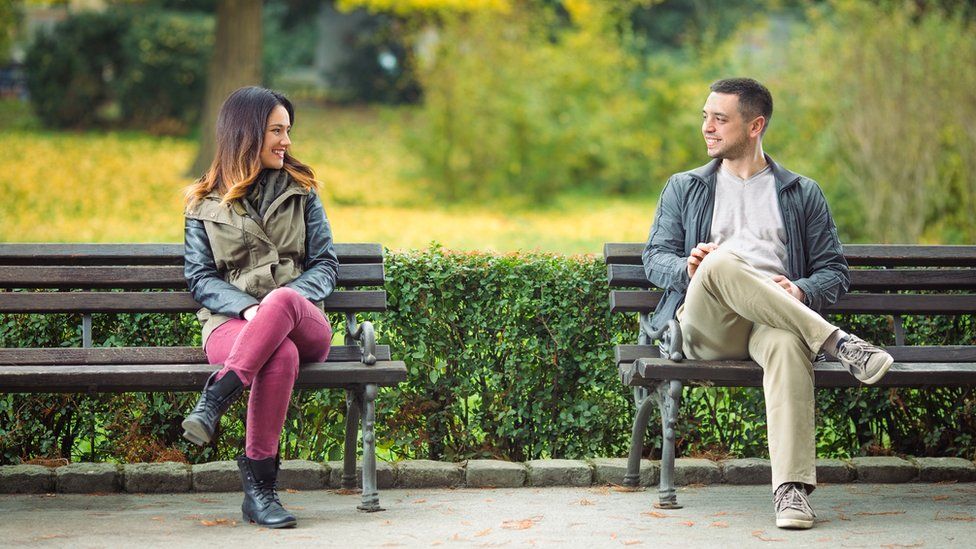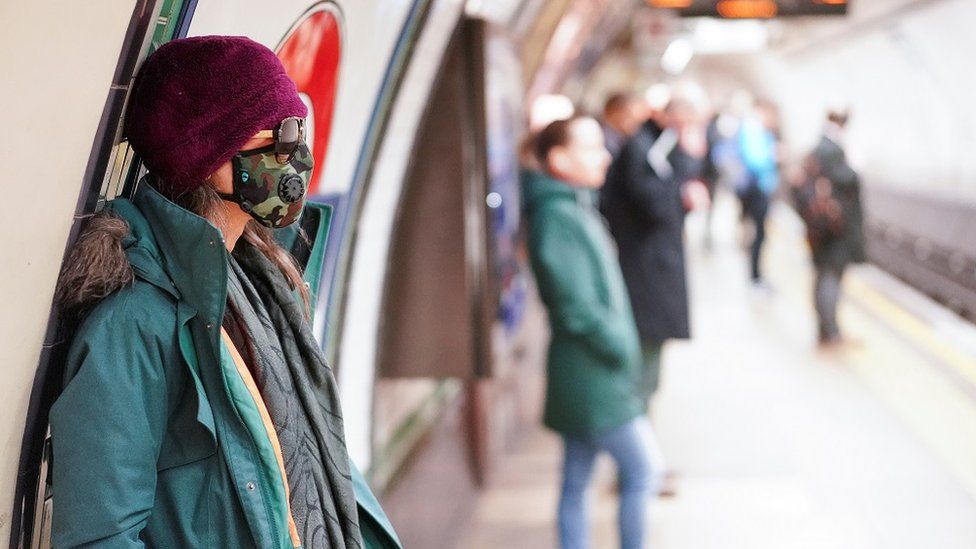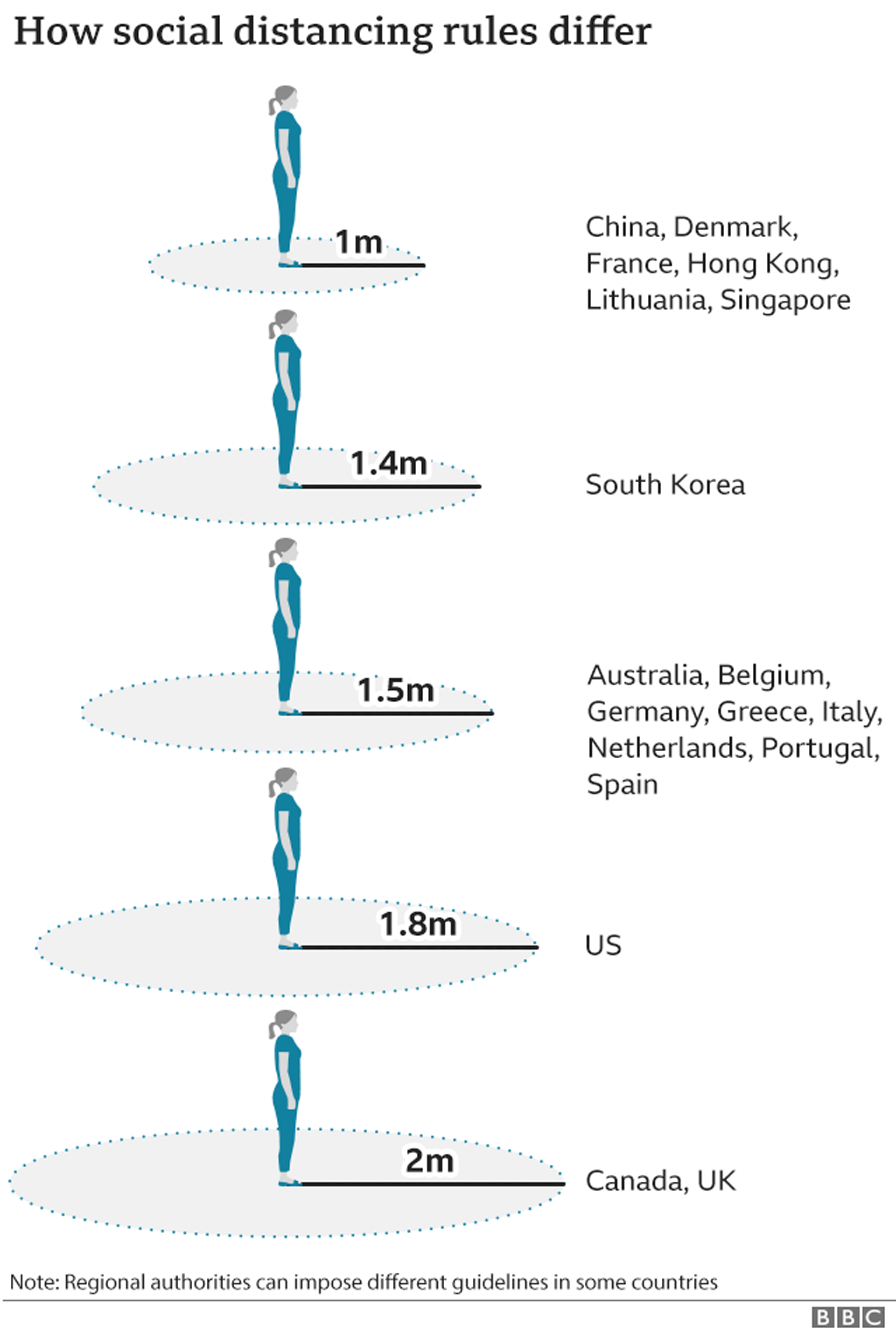Snapping Back to Cultural Normatives Post-COVID
"We're social creatures from birth. There's no other animal that needs to be with others of its kind for as long and as closely as we do. It is our go-to strategy when we're feeling stress or danger or threat. We go to another human being and connect with them emotionally.""Emotion wins. Our core, basic, reptilian kind of brain often dominates everything else.""We're always talking to the frontal lobes of everybody. We're giving them data and facts and projections and rules. But it's our emotional centres that really dictate how we behave, and I'm surprised more of the messaging isn't talking to our emotional centres.""As soon as we do all feel safe -- in fact I think we've jumped the gun a few times and we're seeing people jump the gun in various places -- we do want to be together and I think we will be together. If people thought it could safely happen a week from now, I think it would happen a week from now.""Part of the great snapback will be this relaxation, that we can stop inhibiting and we can just be who we are or who we feel like we are. I wouldn't be surprised to go back to Holland two years from now and see them close talking again."Steve Joordans, professor of psychology, University of Toronto
 |
| Getty Images |
"[We're all aware] when that personal space is violated -- in many western cultures it's about four feet -- then you start feeling uncomfortable.""Personal space has multiple functions. One is control -- you control threats. And that's something that is very relevant in the context of the COVID pandemic.""You have this awkward interaction. You try to avoid this person because they're waking toward you, and they're wearing a mask or maybe they don't wear a mask and they just don't care. And so they just walk straight toward you and you really feel uncomfortable, and you're probably cursing inside.""For it to become habitual and enduring [to return to the old normal before COVID] depends on how long the state we're in will last. If it will last just a few more months we are more likely to bounce back than if it lasts a few more years.""If we start building sidewalks wider, if we provide in public spaces greater opportunities for separation, then that may again create greater distance that then becomes the norm."Igor Grossmann, professor, Department of Psychology, University of Waterloo; director, Wisdom and Culture Laboratory
 |
| Reuters |
We've become wary of close physical contact with anyone, over the space of this last year of the SARS-CoV-2 virus that has caused the COVID-19 global pandemic. It has become one of the cardinal rules of self-defence against contracting the pathogen, and also in prevention of passing the disease on to others if one happens to be non-symptomatic and infectious. Experts have hypothesized that social distancing will become ingrained and habitual, part of the routine of social interaction -- at a safe remove.
Pointing out that once COVID has been neutralized through mass vaccination it will have taught us a lesson in viral transmission avoidance, one that will come in handy in future years because, we have been warned, there will be other viruses that emerge to cross the species barrier from animal carriers to humans and the world will be assailed time and again, and better become accustomed to one of the most vital protective elements in warding off the virus. But wait ... viral pandemics aren't new to human experience, and in the past social distancing was also practised during these times ... guess we kind of forgot...
Now, other voices have lately been taking exception to that message. Not necessarily that we won't have to remain vigilant and prepared to re-enact social distancing rules, but that when at some not-too-distant point -- if all goes well -- COVID has been tamed, society will make a fluid move back to closer physical contact; not only as we are accustomed to doing, but in response to our natural draw toward one another as naturally gregarious creatures.
Dr. Joordans for example, from his professional standpoint recounts his reaction at the start of the pandemic that distancing would inevitably become the social norm and remain there. As time went on, he began to have second thoughts, and he now feels convinced that once the danger of infection has passed, our physical responses will revert to what has been the social norm. In his interviews with people who frequently travel in their profession, he noted the concern voiced of the potential danger of the virus spread. Those same people, however, professed a deep desire to remain in close contact with their loved ones.
 |
| We've been advised to stand six feet apart from others to lower our risk of getting infected with the coronavirus. But how can we tell whether we're standing just far away enough from people, or if we need to tell them to back up a little bit more? (Max Pepper, CNN) |
These conflicting emotions and attitudes are hardly surprising. That we are aware of distancing in the presence of strangers, but chafe at the need to distance when we're in proximity to friends and family. The government best-practise instructions to remain two metres-distant from one another is targeted to our rational intelligence which intellectually understands the need to practise awareness and distancing. Dr. Joordans' argument is that those messages connect only to our rational brains, bypassing our emotional brain, failing to make a vital contact.
Epidemiological data is important to make note of, as is an edict in the public weal by an national administration -- but personal space is a very personal matter. On the other hand, Professor Joordans points out the cultural element in distancing, where in some areas of the world close distancing is more common than in others. A survey of people from 42 countries undertaken in 2017 found two extremes, in that Saudi Arabians prefer extended space between themselves and others, while people in Argentina tend to observe a more intimate distance between close persons and a wider one between strangers.
Everyone, however has experienced the personal discomfort of compromising circumstances when being too close to another person has been extremely uncomfortable. In the age of COVID, just about everyone recognizes that discomfiting feeling of circumstantial physical closing-in while attempting to maintain a requisite social distancing. Shared cultural normatives in observing physical spaces between people whether strangers, acquaintances or family, have been upended by the appearance of the pandemic.
Professor McIntyre recently wrote a paper titled "The Effect of Loneliness on Distinct Health Outcomes", outlining that people who tend to report feeling lonely tended as well to report poor physical and mental health. Loneliness and social distancing, he points out, do not of necessity go hand-in-hand. Society has become accustomed to spreading itself: "It seemed a little awkward initially, now it's feeling a little less awkward. As animals, the distance you're creating is a balance between the need for attachment to your herd or your group, and perceived or real threats. This is why we generally walk closer to our families than we do to strangers."
Dr.Joordans, of Dutch derivation, describes his first visit to the Netherlands to deliver a lecture. The cultural difference in social distancing pre-pandemic struck him: "It would really freak me out. People would walk right up so close to me. In Canada, that would be the beginning of an embrace or a kiss or something like that. Whereas in this country that's just the way they chat. Every conversation I had in the back of my mind this desire to step back, but which makes you feel like you're being rude."
"Social isolation is often equated with loneliness, but it's not the same thing. Social distancing is not in itself hazardous to your emotional health.""The more social distancing you have, the more likely it is that people will report loneliness. There's a mismatch between what you truly desire and what society allows for you."Roger S. McIntyre, professor of psychiatry and pharmacology, University of Toronto
 |
Labels: Global Pandemic, Post-COVID Snap-Back, SARS-CoV-2, Social Distancing

0 Comments:
Post a Comment
<< Home